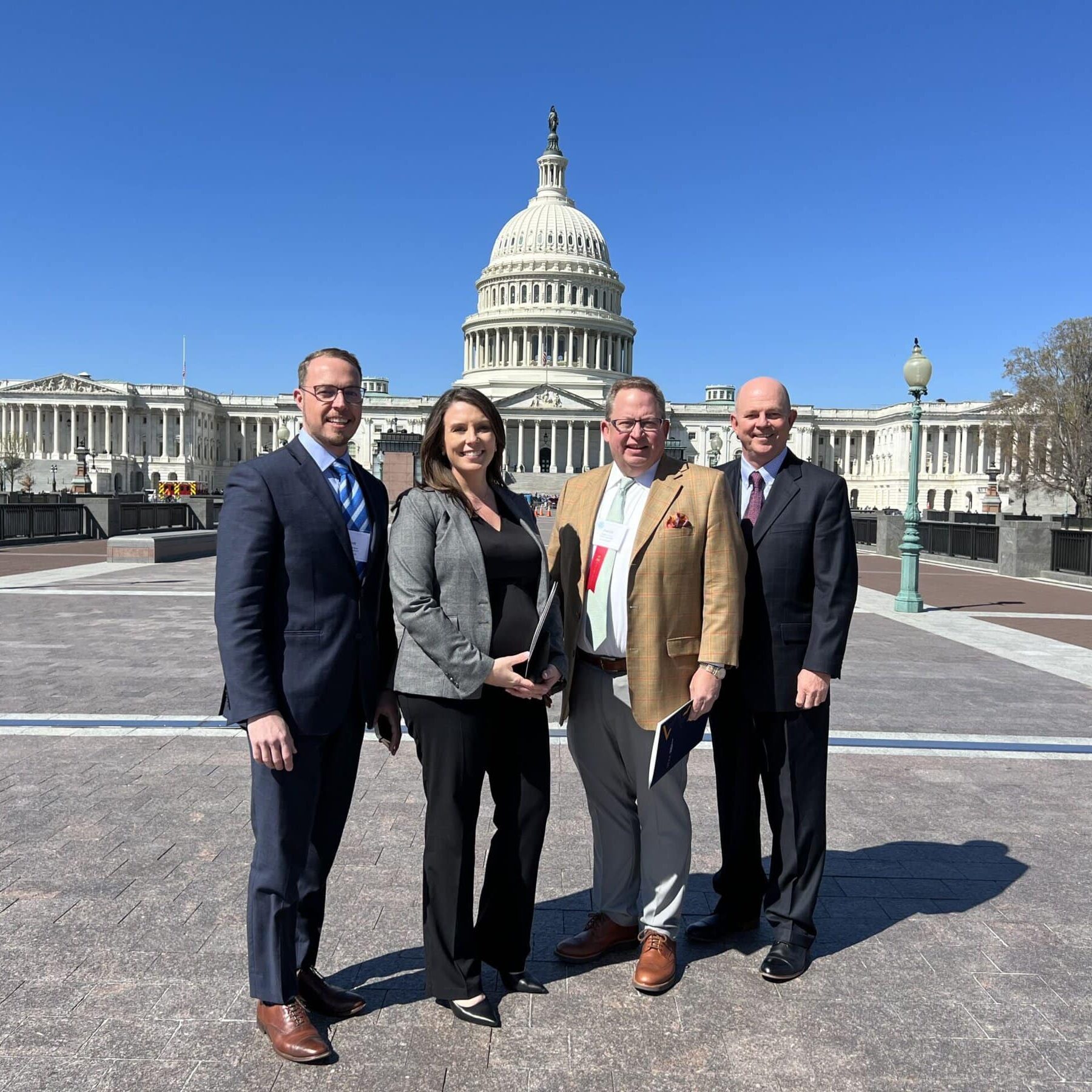
Advocacy
NASBP Government Relations
Resource Topics
Explore Advocacy Resource Topics
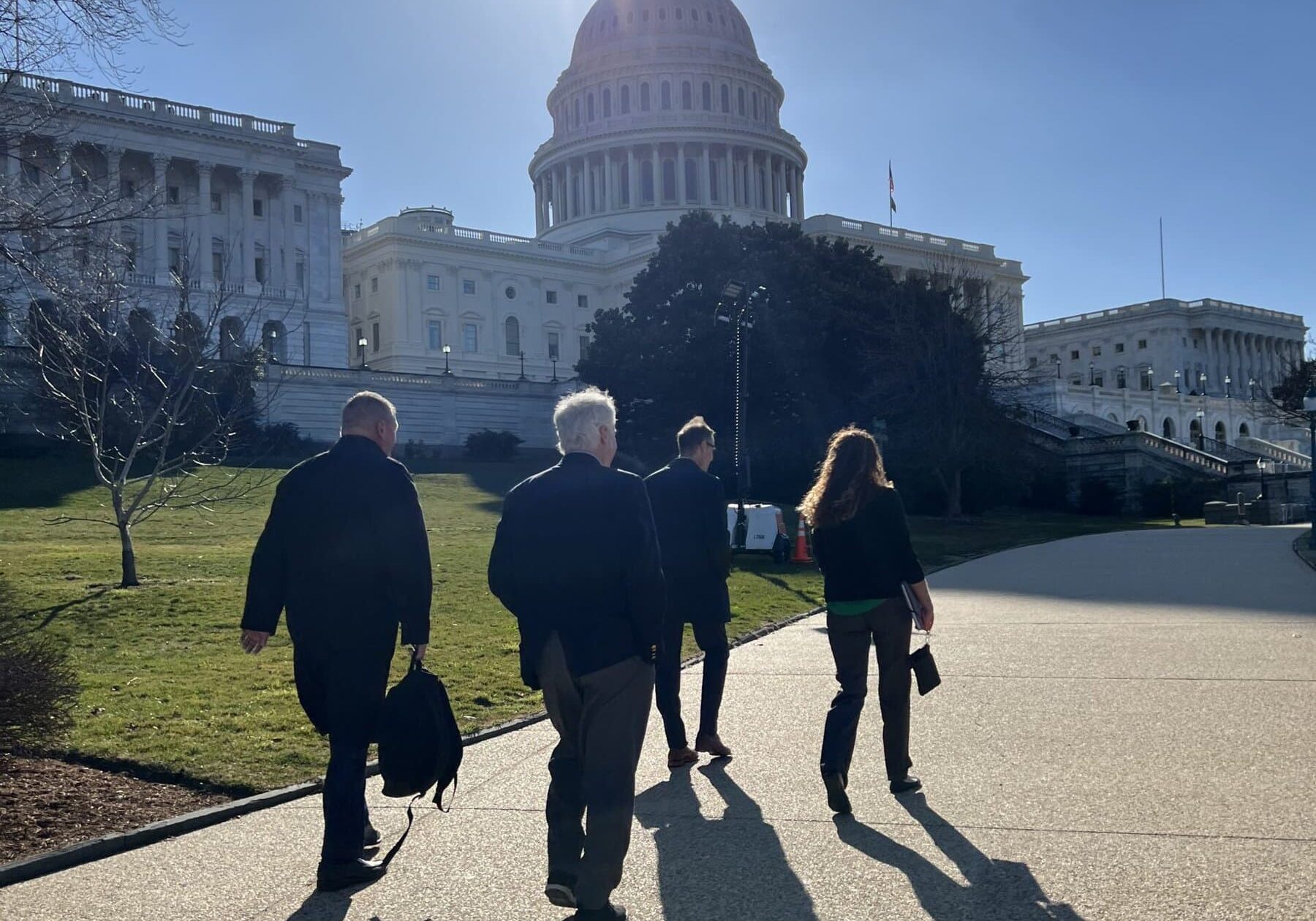
Federal Resources
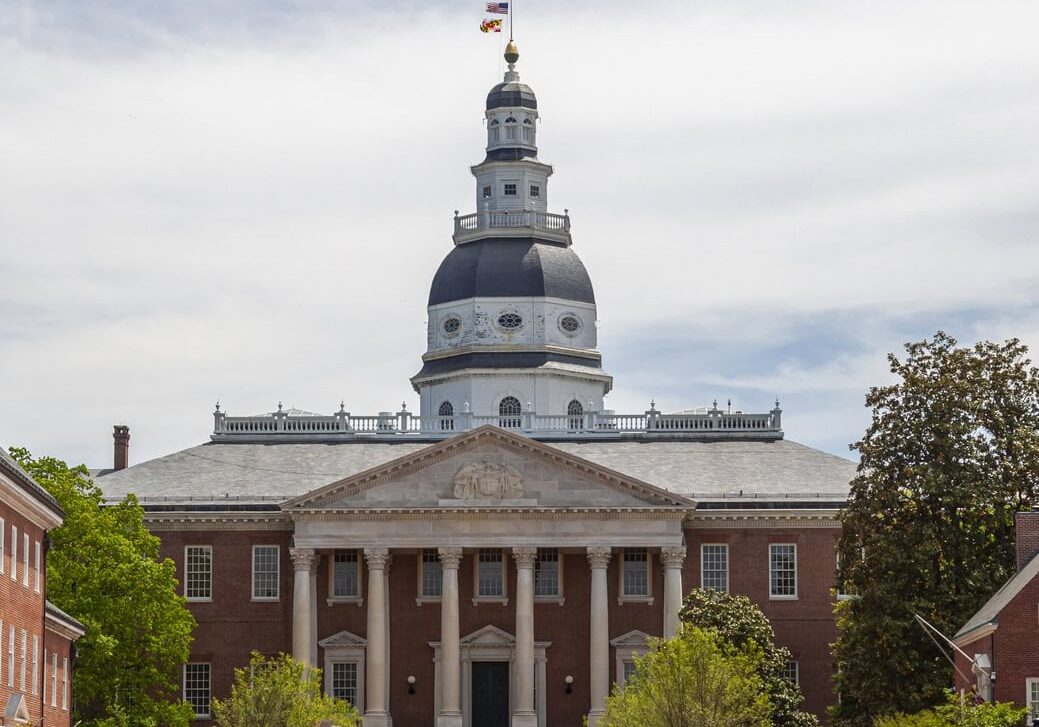
State Resources
Explore
See Advocacy Resources by Category
State Comment Letters
Examples of NASBP advocacy efforts on behalf of Members on issues concerning federal, state, and local project owners.
Federal Comment Letters
A compilation of federal comment letters.
State Survey of P3 Authorizing Statutes
A compilation of state public-private partnership (P3) statutes.
State DBE Certifying Agencies
A list of state and federal certifying agencies.
Survey of State Bond Thresholds
A compilation of state bonding threshold statutes.
Producer Licensing State Agencies
A list of producer licensing state agencies.
State Anti-Directed Surety Statutes
A compilation of state anti-directed surety statutes.
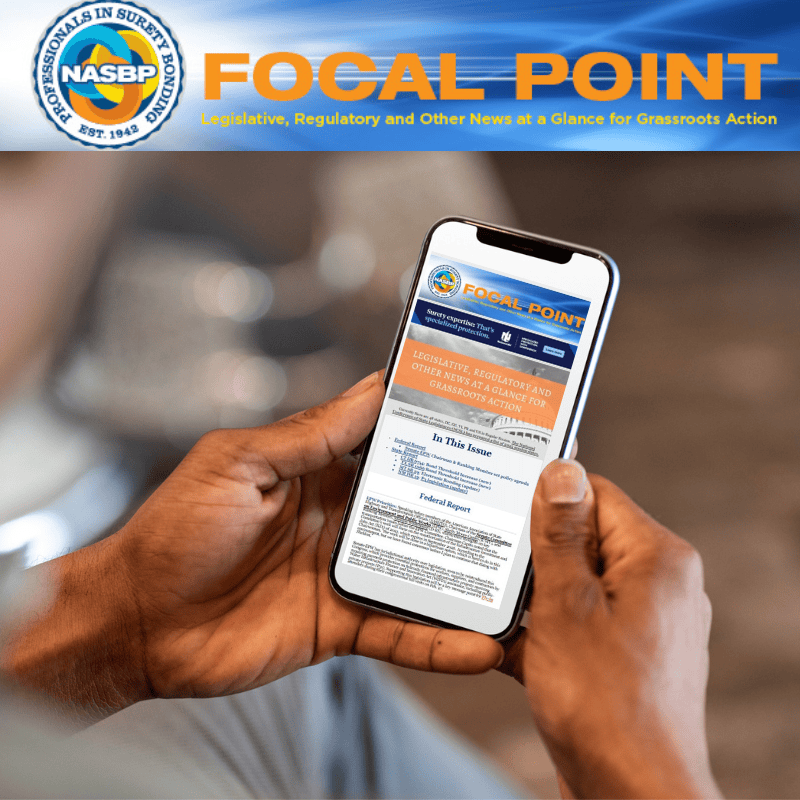
News
Focal Point E-Bulletin
The Focal Point e-bulletin provides concise, bulleted summaries of:
- key legislative and regulatory developments,
- information on industry partners and NASBP joint efforts, and
- initiatives NASBP is pursuing on behalf of its members.
Focal Point is distributed twice per month when most states are in legislative session and less frequently when most states are out of session.
NASBP SuretyPAC
NASBP’s Political Action Committee, SuretyPAC, is the oldest federal PAC that is 100% devoted to representing the surety industry and establishing and nurturing relationships with candidates running for congressional office.
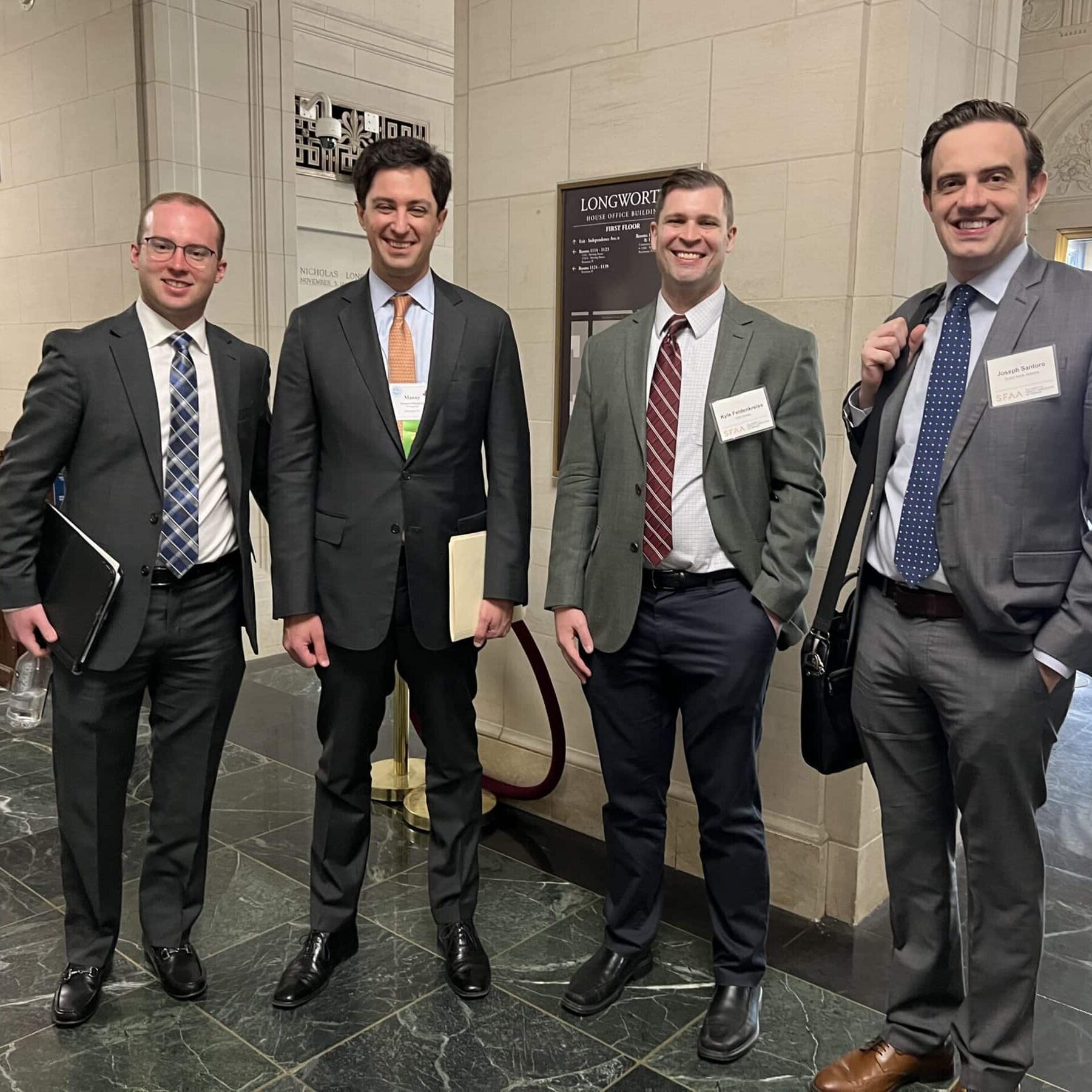
Coming Soon
Upcoming Legislative Fly-In
The Federal Legislative Fly-in plays an important advocacy role in NASBP’s Government Relations Program. It allows NASBP Members and staff to engage in policy discussions with congressional offices. These discussions may not be possible without NASBP Members' involvement.

